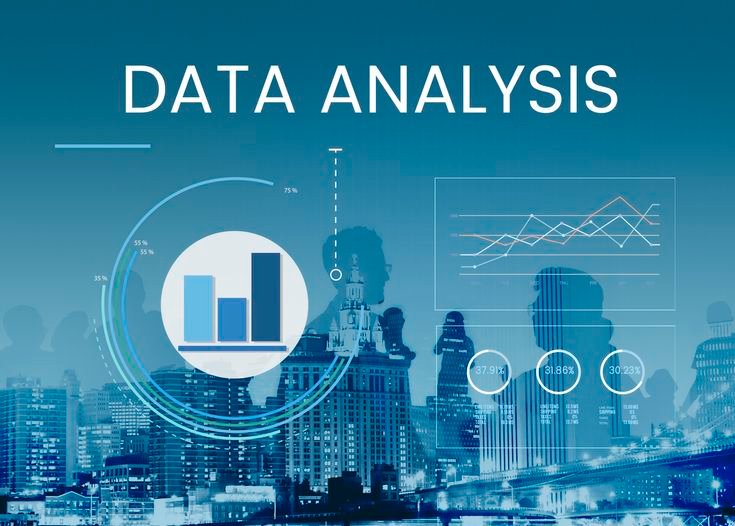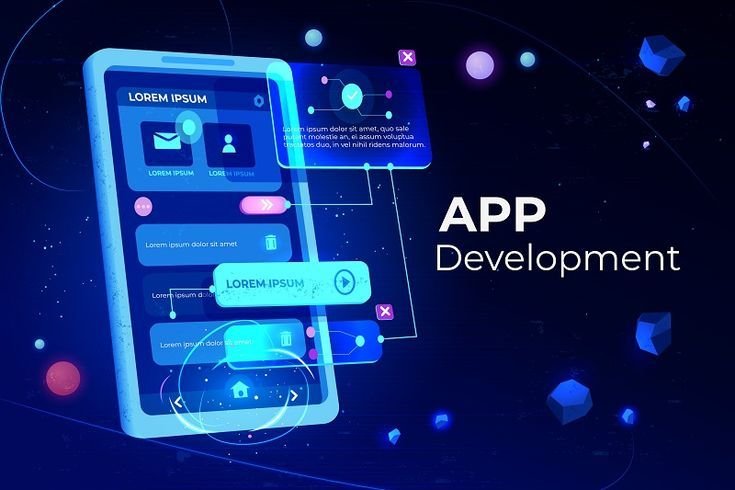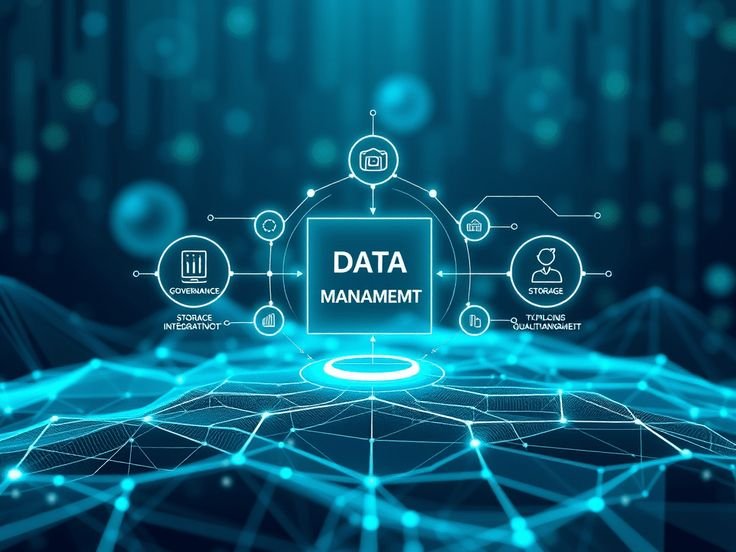Machine Learning Training
Last Update
Jan,01 1970Category
CSE/ITDescription
Module 1: Introduction to Machine Learning
-
Understanding Artificial Intelligence, Machine Learning, and Deep Learning
-
Applications of Machine Learning in real life
-
Types of Machine Learning: Supervised, Unsupervised, and Reinforcement Learning
-
Overview of the Machine Learning pipeline
Module 2: Python for Machine Learning
-
Python programming basics
-
Data types, loops, functions, and file handling
-
Introduction to NumPy for numerical operations
-
Introduction to Pandas for data manipulation
Module 3: Data Preprocessing
-
Importing datasets
-
Handling missing data
-
Encoding categorical variables
-
Feature scaling techniques
Module 4: Data Visualization
-
Creating plots using Matplotlib
-
Visualizing data distributions and relationships
-
Exploring data with Seaborn
Module 5: Supervised Learning
-
Linear Regression
-
Logistic Regression
-
K-Nearest Neighbors (KNN)
-
Support Vector Machines (SVM)
-
Decision Trees and Random Forest
-
Model evaluation: accuracy, precision, recall, F1-score, confusion matrix
Module 6: Unsupervised Learning
-
K-Means Clustering
-
Hierarchical Clustering
-
Dimensionality reduction with Principal Component Analysis (PCA)
Module 7: Model Evaluation and Selection
-
Train-test split and cross-validation
-
Understanding bias and variance
-
Grid search and hyperparameter tuning
Module 8: Feature Engineering
-
Creating new features
-
Selecting the most relevant features
-
Dealing with imbalanced datasets
Module 9: Introduction to Deep Learning
-
Basics of neural networks
-
Activation functions
-
Introduction to TensorFlow and Keras
-
Building a simple neural network
Module 10: Real-World Projects
-
Spam Email Detection
-
House Price Prediction
-
Customer Segmentation
-
Handwritten Digit Recognition
-
Stock Market Prediction
Tools and Libraries Used
-
Python
-
NumPy, Pandas, Matplotlib, Seaborn
-
Scikit-learn
-
TensorFlow / Keras
-
Jupyter Notebook or Google Colab
Requirements
What is Machine Learning?
Machine Learning (ML) is a branch of Artificial Intelligence (AI) that enables systems to learn from data and improve their performance over time without being explicitly programmed.
Why Learn Machine Learning?
-
High demand in industries like healthcare, finance, e-commerce, and tech
-
Core of modern technologies such as recommendation systems, fraud detection, and self-driving cars
-
Enhances career opportunities in data science, AI, and analytics fields
Curriculum
-
LevelAdvanced Level
-
Lectures4 Lectures
-
Duration4h/30m
-
CategoryCSE/IT
-
LanguageEnglish
-
CertificateYes
.jpg)



















